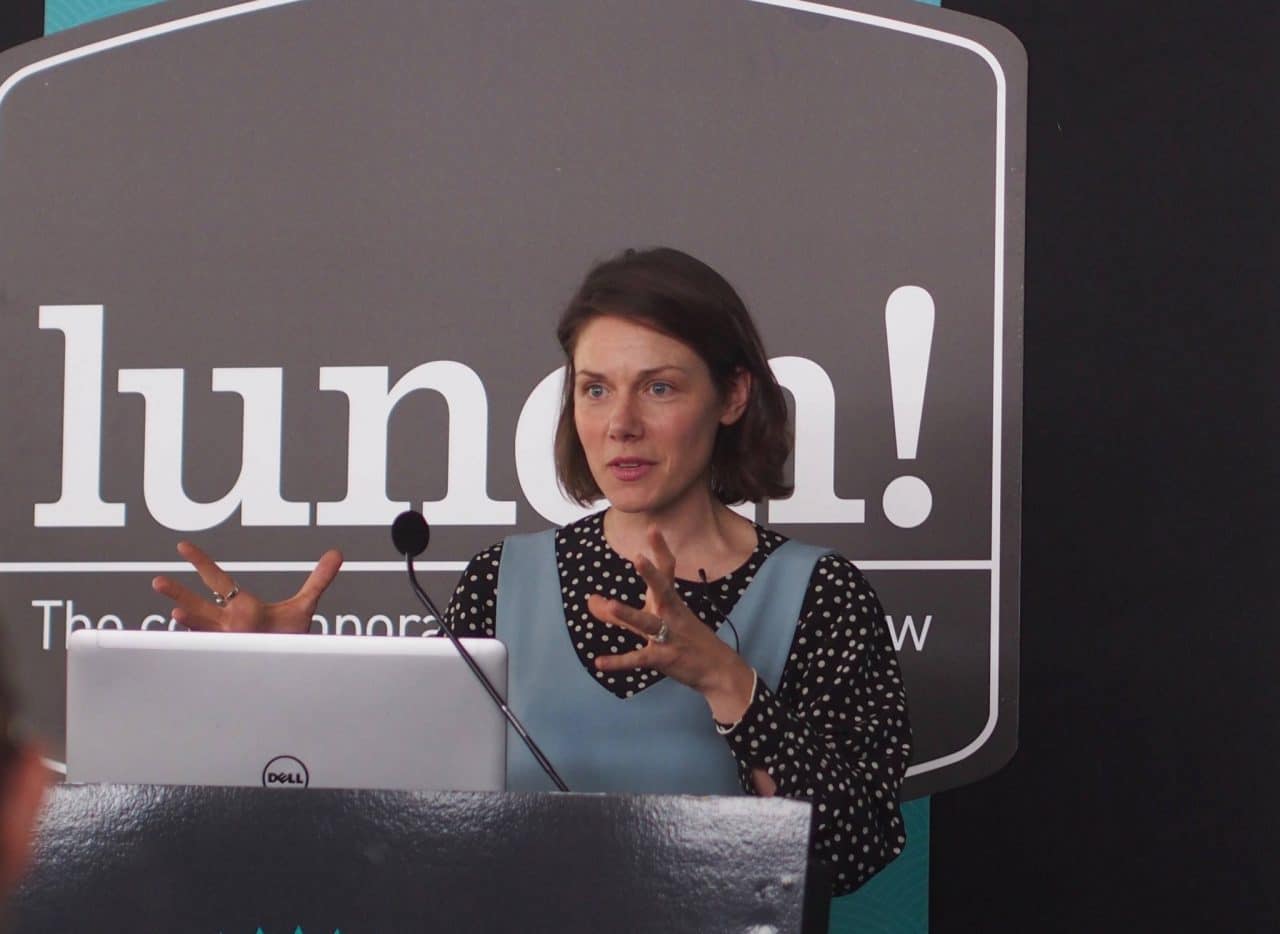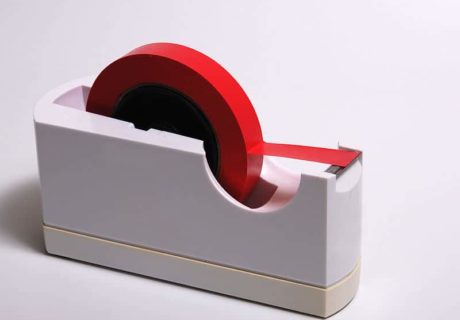“Asking what is the human need and purpose, is the question that should really drive your innovation,” says the brand director of the Leon chain of ‘naturally fast food’ restaurants.
Kirsty Saddler made the comment at the lunch! show in London yesterday, where she was speaking on the theme of ‘Doing the right thing, not the easy thing’.
Leon’s business mission – ‘making it easy for everyone to eat well’ – is intentionally simple and easy to understand. But it is underpinned by a complex matrix of values.
Saddler, a former advertising industry strategist who left the sector to do an MSc in sustainability and responsibility, says there is something “very emotional and fundamental about business”.
Traditional business structures “can make you get a bit myopic about money,” she suggests. “But money can’t buy intelligence, or create culture. And it is culture that creates the story, and the story is what a really good brand is based on.”
” … money can’t buy intelligence, or create culture. And it is culture that creates the story”
Saddler says a huge shift has taken place in the way business assets are valued. “In 1980 the market capitalization of a business was based largely on tangible assets – the cash, offices, equipment, plant. Fast forward to 2010 and the brand now accounts for 30% of the value of a business.”
Saddler believes a company’s ‘mission’ defines its fundamental character – and makes it human. “Asking why, having a mission, is inherently human. If you have a mission you can serve society and people, not just be concerned with the balance sheet. When we frame a business in this way it is much more motivating.”
She says that “knowing why a business exists, what its higher purpose is (beyond growing and selling more stuff) is hugely important, as is knowing what your own values are.
“Asking why, having a mission, is inherently human. If you have a mission you can serve society and people, not just be concerned with the balance sheet”
“Ask yourself, do you connect with the business values, and do your bring your own values to work and play them out? Ask, ‘what’s the human need and purpose?’. That question should be the one that drives innovation. Then comes the story telling, and developing relationships.”
Saddler says the key to making a business mission work is to “apply consistency in every decision you make”. So, Leon applies a set of guiding principles in all its decision-making, especially when it comes to food. “For example, we’ll bake something instead of fry it whenever we can, we’ll use tamari instead of salt, honey or date paste instead of sugar. We’ve just been able to source and offer our customers a nitrate-free chorizo – something we’ve wanted to do for a while”.
She says a big emphasis is placed on responsible sourcing. “We have 45 suppliers, 15 of which have been with us since the beginning (Leon was started in 2004). But 80% of what we buy comes from the top ten of those suppliers. We have many shared values, and they agree with our goal of offering clean products at a reasonable price.”
Saddler admits there are some challenges. “When you’re applying a consistent values-led sourcing policy, and sticking to it, things like currency price fluctuations can be a nightmare. And when you do do the right thing it’s sometimes difficult to talk about it without being challenged by people.”
Asked by NPN if Leon uses third part organizations to observe and certificate its supply chain processes, Saddler said the company “works mainly with the Sustainable Restaurant Association and uses its own experiences” to guide decision-making.





